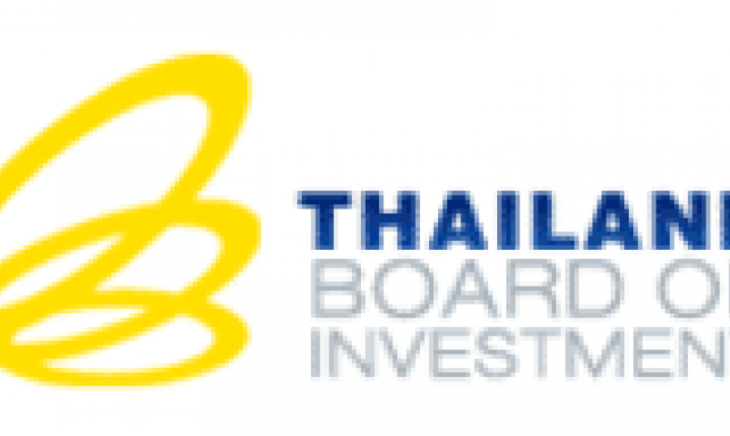At GPS Legal, we get many inquiries about starting a business in Thailand. We often find that these entrepreneurs have received misleading or even completely erroneous information. In this article, we would like to discuss land ownership by businesses in Thailand.
A Foreign Business Should Not Use Nominees to Own Land
Under Thai law, neither foreign individuals nor companies, with some exceptions, can own land in Thailand. Despite that, there are advisors who will recommend a foreigner set up a majority Thai-owned company to buy property or have a Thai individual own the property on their behalf. Both options are nominee arrangements, which are illegal in Thailand. The former is doubly so, as a nominee structure for business is also illegal in Thailand.
This may sound obvious, but a company should be established for doing business, not for the sole purpose of owning property for the foreigner/proprietor to live in.
Other Options are Available for Foreigners Who Want to Reside in Thailand
As Thailand has grown in popularity as a new home destination for foreigners who are drawn to the climate, local destinations, and affordability, there are those who would mislead naïve people into legally tenuous situations at a price.
If you do not want to just rent a house or apartment and prefer to establish stronger roots in Thailand, you might choose to buy a condominium. Foreigners can purchase freehold condos in Thailand so long as the aggregate of total owners are a majority Thai.
If your spouse is Thai, he or she can own property with you as a registered resident. However, you both must file papers with the Land Office stating that you relinquish all claims to the property (i.e., the land is no longer a marital asset). You are still entitled to inherit the property as a marital asset; however, you must divest it within 12 months. Also, if you paid for the property yourself, your financial interests can be protected as a mortgagee.
One option for foreigners to directly own real property is available with a purchase of 40 million baht or more in qualified investments, in which case, you can apply for permission from the Land Department to acquire up to 1 rai (about 1,600 square meters) of land for residency purposes.
And although not ownership, you may lease a property for up to 30 years. Unfortunately, leases with a longer term are not enforceable, and renewing a lease after the 30 years is not a lease right protected under Thai law, meaning it too may not be enforceable. Then there is also superficies and usufructs, by which you can receive long term rights to property under certain conditions.
GPS Legal is Well-Versed in Real Estate in Thailand
GPS Legal understands why you would want to move to Thailand. Let us help you do it the right way so don’t have to worry. Contact us today find out what your options are and how we can help you!













